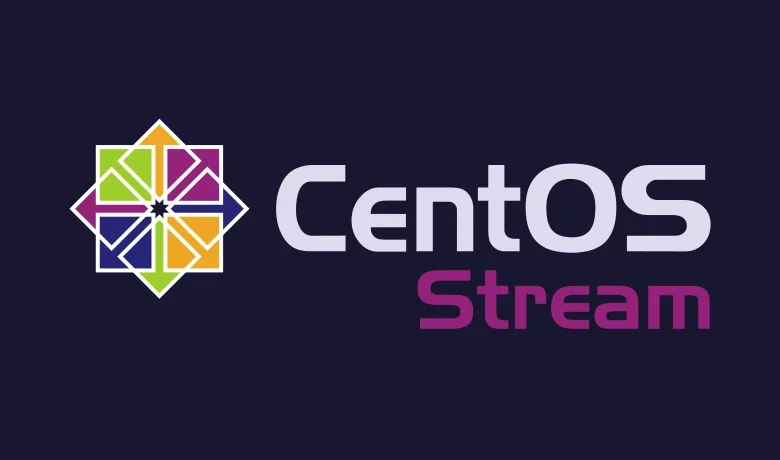CentOS Stream 10 Released | TechPlanet

The CentOS project has officially announced the availability of CentOS Stream 10, a continuously updated distribution that serves as the foundation for the development of Red Hat Enterprise Linux (RHEL) 10. CentOS Stream allows early access to packages being developed for future RHEL releases. Builds for CentOS Stream 10 are available for the following architectures:
- x86_64_v3
- Aarch64
- ppc64le (POWER9)
- s390x (IBM z14)
These builds are provided as installation ISO files and container images. The maintenance for the CentOS Stream 10 branch is planned until 2030.
CentOS Stream: The New Upstream for RHEL
As part of Red Hat’s updated policy, CentOS Stream is now the sole publicly available source for RHEL package source code. It functions as an upstream project for RHEL, enabling the broader community to participate in the following:
- Package development for RHEL.
- Proposing changes and influencing decisions.
- Monitoring package preparation for RHEL.
Previously, RHEL branches were based on Fedora snapshots and finalized behind closed doors. With CentOS Stream, this process has shifted to an open model, enabling collaboration and transparency. A new branch of CentOS Stream begins with a Fedora snapshot, incorporates community participation, and eventually forms the basis for a new RHEL release.
Key Updates in CentOS Stream 10
CentOS Stream 10 introduces several changes and improvements compared to earlier branches:
System-Level Updates
-
Graphical Environment:
- X.org Server and related components have been removed.
- The Wayland protocol is now the default graphical stack.
- XWayland DDX server provides compatibility for running X11 applications in Wayland sessions.
-
Desktop Environment:
- Updated to GNOME 47.
- The classic GNOME session now includes an overview mode for viewing open windows.
-
Libraries:
- Updated to Qt 6.7. Support for Qt5 packages has been discontinued.
Application Management
- RPM packages for applications like Firefox, GIMP, LibreOffice, Inkscape, and Thunderbird are no longer provided. Instead:
- These applications are distributed via Flatpak packages from the external repository flatpaks.redhat.io.
Audio System
- The PulseAudio sound server has been replaced by PipeWire, offering enhanced audio handling capabilities.
Developer Tools
The following developer tools have been updated:
- GCC 14.2
- LLVM 18.1.8
- Python 3.12
- Ruby 3.3
- OpenJDK 21
- Rust 1.82.0
- Node.js 22
- Git 2.45
Server Packages
Key server packages include:
- OpenSSH 9.8
- nginx 1.26
- Apache HTTPD 2.4.62
- MariaDB 10.11
- PostgreSQL 16
- Podman 5.0
Security Enhancements
- Quantum-resistant encryption algorithms are now available in OpenSSL, OpenSSH, and system crypto-policies.
- Support for creating FIPS-compliant PKCS #12 certificates has been added to OpenSSL.
- RDP protocol replaces VNC for remote installer access.
Experimental Features
-
Composefs File System:
- Adds experimental support for efficient shared storage of multiple disk images.
-
KVM Hypervisor:
- Includes experimental support for AMD SEV, SEV-SNP, and SEV-ES technologies.
Removed and Deprecated Components
Several packages and features have been removed or deprecated:
-
Removed Packages:
- TigerVNC, Totem, gedit, gtkmm, Cheese, and others.
-
Deprecated Packages:
- sendmail (recommended to use Postfix).
- Redis: Replaced by the Valkey fork.
- ISC DHCP: Replaced by Kea DHCP.
EPEL 10: Enhanced Package Repository
The EPEL 10 (Extra Packages for Enterprise Linux) repository has been introduced alongside CentOS Stream 10, offering over 10,000 binary packages built from 3,600 source packages. Key highlights of EPEL 10 include:
- Separate repositories for intermediate RHEL versions (e.g., EPEL 10.1 for RHEL 10.1).
- Builds available for x86_64, Aarch64, ppc64le, and s390x architectures.
CentOS Stream 10 represents a significant evolution in the CentOS ecosystem, empowering developers and the community to shape the future of RHEL. With an extended support timeline and a host of new features, it sets the stage for a more collaborative Linux development process.
In case you have found a mistake in the text, please send a message to the author by selecting the mistake and pressing Ctrl-Enter.
https://techplanet.today/storage/posts/2024/12/13/Zwrkzht73ykGiabT8MK2yaidyvRztOBUTCqRXkLb.webp
2024-12-13 08:02:00




